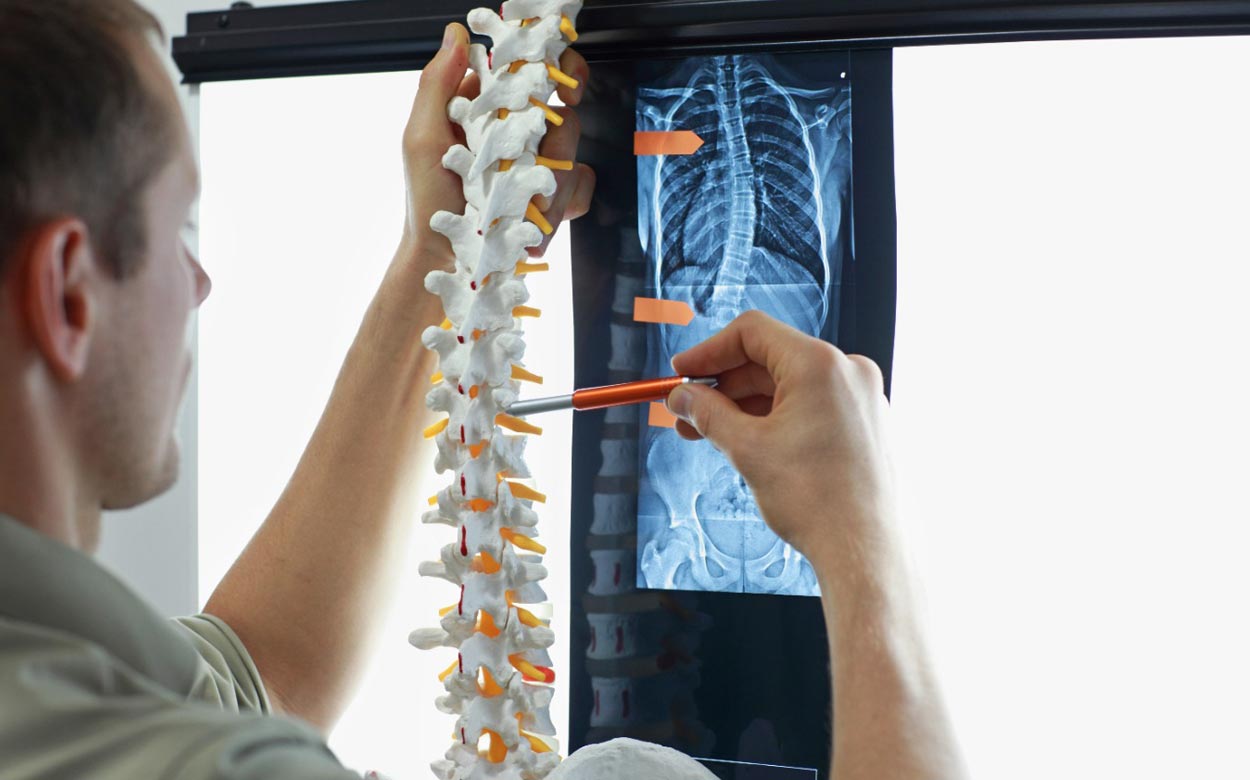
Spinal cord injury rehabilitation starts right after the moment your general health is stabilized. The initial consultation at the hospital, followed by the initial assessment, the rehab doctor will analyse and instruct whether you are physically fit and ready to participate in the rehabilitation.
Once the rehab therapy is started, the person will be working with various healthcare providers to bring the person back to the community life.
Even though many work together, individually or as a team, the most important person in the whole spinal injury treatment process is the recovering individual.
Recovery is always a two-way process, the inputs, suggestions, and therapy sessions will derive greater results if the person is more engaged and more involved in the therapy.
Increased awareness and learning more about how rehabilitation for people with spinal cord injuries help to get back onto their feet will increase the active participation.
Learn more about the Spinal Cord Injury Rehabilitation; as in when to start the rehabilitation, controlled recovery, individual and family meetings, and consultations in this blog. Read ahead.
Spinal Cord Injury and Rehabilitation
Deciding the right time for rehabilitation therapy for spinal cord injuries can be crucial. Every moment in our body causes certain stress on the spinal cord, be it minor or major. Rehabilitation involves physical activities that impact the spinal cord directly or indirectly.
You don’t want the injured part of the spinal cord to get this impact and you also don’t want to live with the discomfort or pain.
Skilled rehab therapists will analyse and devise a rehab plan that helps you go easy on the injured part at the same time work comprehensively focusing on strengthening the muscles of the trunk, arms and legs, reducing the pain or discomfort.
Assessment of the individual for appropriate assistive devices such as cane, walker, crutches, and orthosis is all part of the recovery process.
Managing medical complications that arise because of spinal cord injury such as bladder incontinence, bowel incontinence, spasticity, joint pain, etc is also part of rehabilitation.
Rehabilitation of Activities of Daily Living
The duration of rehab sessions for spinal cord injury may vary depending on the factors such as age, co-morbidities, pre-morbid function, level of injury, severity of injury, tolerance to therapy etc. Apart from the sessions, the therapists will instruct you how to get out of bed safely, sit on a wheelchair or get up from it, instruct your own care, and signs of discomfort.
On a general note, they may instruct on how to maintain the posture while taking a bath, getting dressed, and on other daily living activities.
Individual and Family Meetings
Goal setting is a crucial part of the recovery. Integrating the individual into the community standard of living is a long process that requires short-term and long-term goal setting. Goal setting is an important aspect in the therapy process.
The experienced rehab therapist will discuss the goals individually and with the family members and these goals will be revised or extended based on the overall progress.
Guidelines to the Individual or to the Family Members
As mentioned earlier, rehab therapy is a two-way road and the involvement of the patient and his or her family members is imperative. Here are a few guidelines for the family members to become more involved in spinal cord rehab.
- Ask questions about the each stage involved in therapy
- Maintain a rehab diary that helps you understand each day progress
- Keep the person motivated about the treatment and it is essential during the initial days of the therapy
- Be at the rehab facility before the scheduled time and if the rehab therapist is visiting your place be prepared for the therapy in advance
Every information on the internet and guidelines are to increase awareness about the therapy but not to be misunderstood for the treatment.
Most importantly providing functional assistance for both the individual and to the therapist is a responsibility of the family members. Give space and time for the individual to recover and for the therapist to do their job.
Post Therapy
A therapist may analyse the results of Spinal Cord Independent Measures (SCIM) multiple times during the course of the therapy sessions. It helps them understand the right direction, determine the therapy goals, duration of each physical activity, and even the decision of concluding the therapy.
SCIM results indicate the performance abilities starting from the daily living activities such as getting off the bed, grooming, bathing, sexual abilities, and other daily living activities. This is beneficial for both the patient and the therapist as well.
To know more, please call +91 915 497 7718 to make an appointment today. You can also make an appointment with us online at www.jivarehab.com today by using our online booking system.





 Health Corp LLP
Health Corp LLP